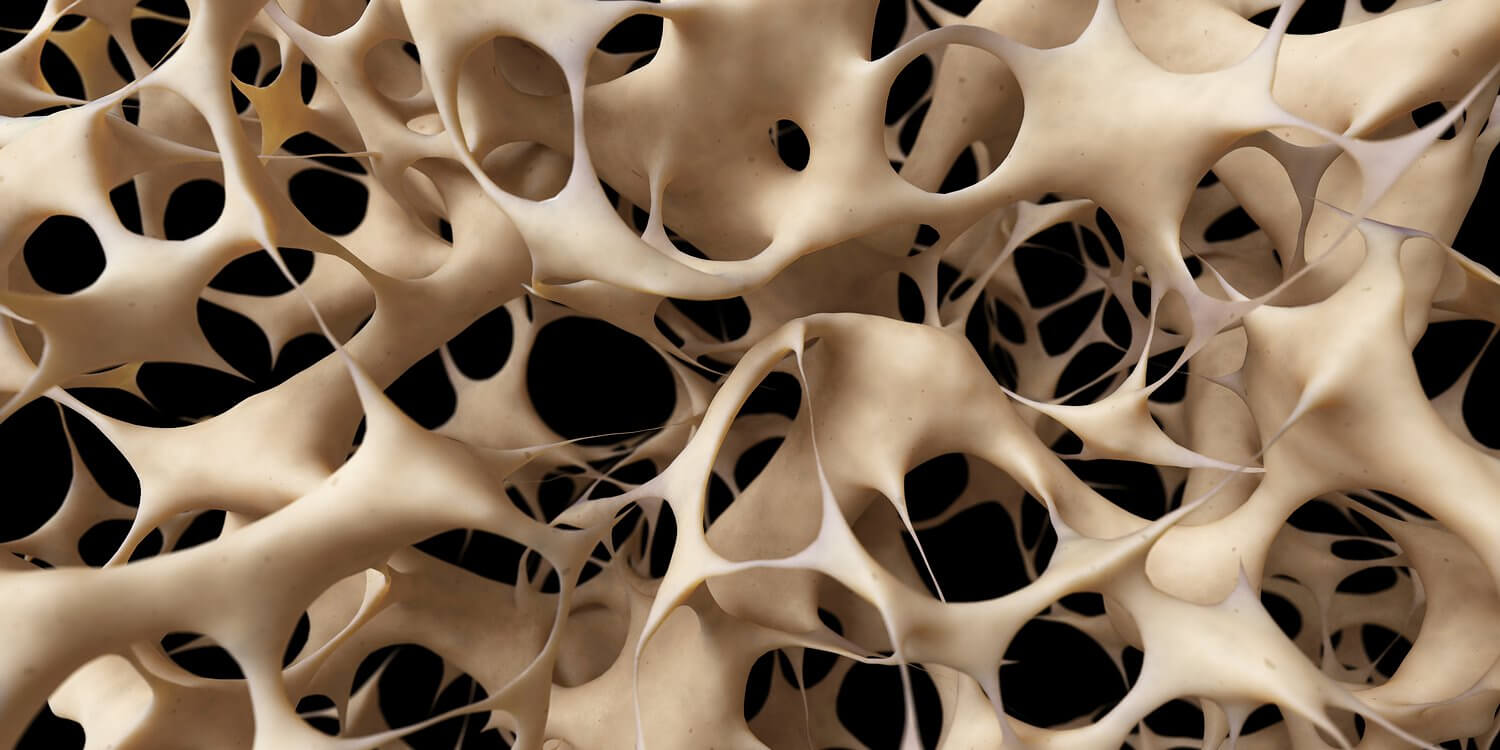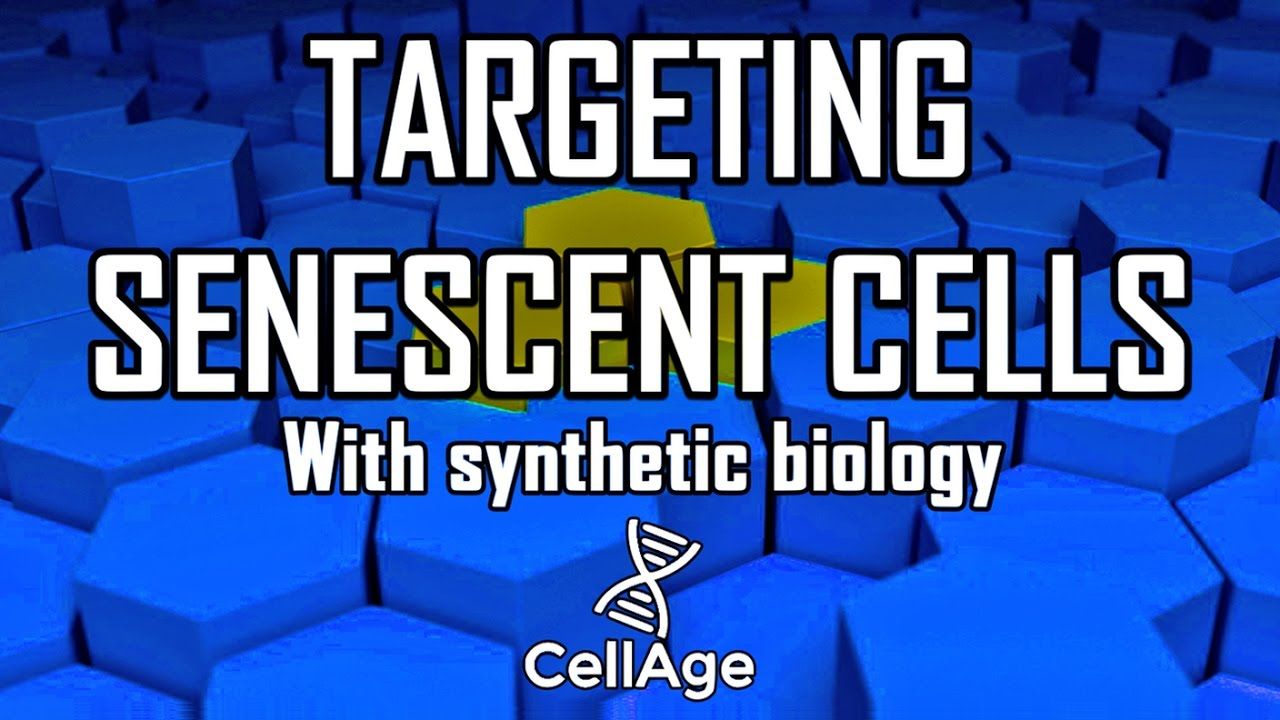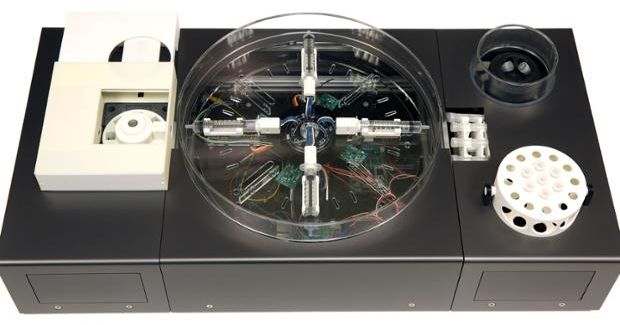
In an epidsode of the dystopian near-future series, Black Mirror, a small, implantable device behind the ear grants the ability to remember, access, and replay every moment of your life in perfect detail, like a movie right before your eyes.
Theodore Berger, a biomedical engineer at the University of Southern California, can’t promise that level of perfect recall—perhaps for the better—but he is working on a memory prosthesis. The device, surgically implanted directly into the brain, mimics the function of a structure called the hippocampus by electrically stimulating the brain in a particular way to form memories—at least in rats and monkeys. And now, he’s testing one that could work in humans.
Berger’s device hinges on a theory about how the hippocampus transforms short-term memories, like where you deposited your keys, into long-term memories—so you can find them later. In his early experiments, he played a tone and then puffed air in a rabbit’s face, causing it to blink. Eventually, just playing the tone would make the rabbit blink, just like Pavlov’s famous salivating dogs. Berger recorded the hippocampus’ activity with electrodes, and as the rabbits learned to associate the tone with the air puff, patterns in those signals changed in a predictable way.
Continue reading “The Neuroscientist Who’s Building a Better Memory for Humans” »
















